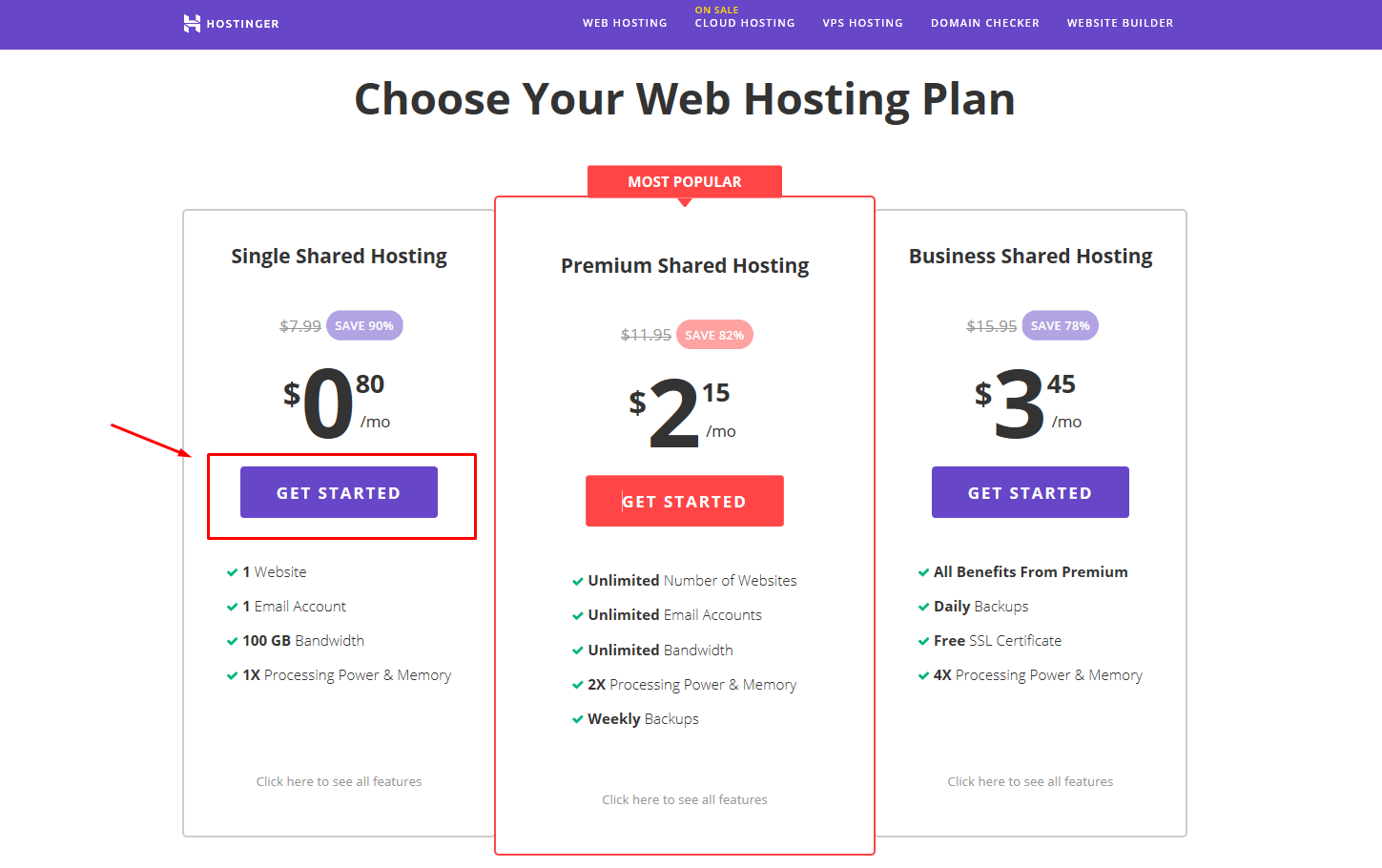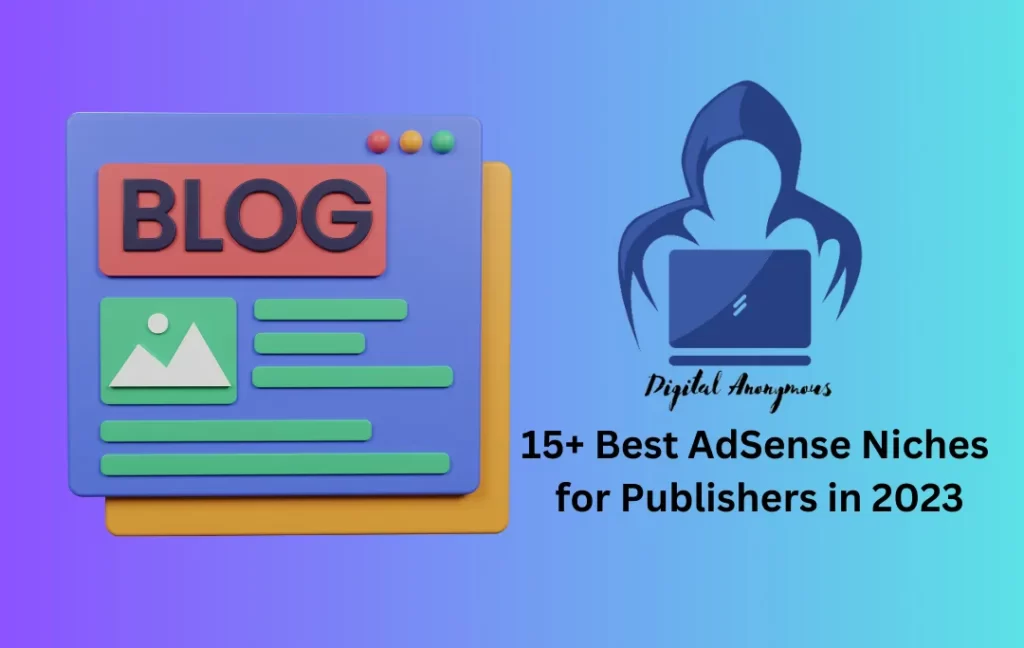The way businesses connect and interact with their target audiences has changed thanks to the dynamic and always developing industry of digital marketing. Professionals use a variety of frameworks and principles to develop efficient digital marketing campaigns. The 7 C’s of Digital Marketing is an example of such a framework. We will examine each of the seven Cs in this post and determine how important they are to the world of digital marketing.

Introduction
Digital marketing encompasses a wide range of activities aimed at promoting products or services using digital channels. It is essential for businesses to understand and implement effective strategies to leverage the power of digital platforms. The 7 C’s of Digital Marketing provide a framework that helps marketers create successful campaigns by focusing on key elements that contribute to their overall digital marketing efforts.
The 7 C’s of Digital Marketing
1. Customer
The customer is at the core of any marketing strategy, and digital marketing is no exception. Understanding your target audience is crucial for developing personalized and relevant campaigns. By gathering data and insights about your customers, such as their demographics, preferences, and behaviors, you can create targeted content and tailor your marketing efforts to meet their specific needs.
2. Context
Context refers to the environment in which your marketing messages are delivered. It involves understanding the platforms, devices, and channels your target audience uses. By considering the context, you can optimize your content to be more effective and engaging. For example, adapting your content to be mobile-friendly is crucial since a significant portion of online traffic comes from mobile devices.
3. Content
Content is the backbone of digital marketing. It includes any material you create and share with your audience, such as blog posts, videos, infographics, and social media posts. High-quality, relevant, and valuable content helps attract and retain your target audience. By consistently delivering valuable content, you can build trust, establish your expertise, and increase brand loyalty.
4. Connection
Building meaningful connections with your audience is vital in the digital marketing landscape. It involves actively engaging with your audience through various channels like social media, email marketing, and chatbots. By fostering two-way communication and responding to customer inquiries and feedback, you can build strong relationships and enhance customer satisfaction.
5. Communication
Effective communication is key to conveying your brand message and value proposition. Clear and concise communication ensures that your audience understands your offerings and the benefits they can derive from them. Utilize compelling and persuasive language to capture attention, spark interest, and drive action. Communication should be consistent across all digital touchpoints to maintain brand consistency.
6. Community
Building a community around your brand fosters a sense of belonging and loyalty among your audience. Encourage user-generated content, facilitate discussions, and create opportunities for customers to connect with one another. By nurturing a vibrant community, you can strengthen brand advocacy, encourage word-of-mouth marketing, and drive customer engagement.
7. Conversion
Conversion is the ultimate goal of any digital marketing campaign. It involves turning your audience into paying customers or achieving other desired actions, such as signing up for a newsletter or downloading an app. To optimize conversions, employ persuasive techniques, use compelling calls-to-action, and provide seamless user experiences. Continuously monitor and analyze conversion rates to refine your strategies.
Conclusion
The 7 C’s of Digital Marketing provide a comprehensive framework for developing effective digital marketing campaigns. By understanding and implementing these principles, businesses can create targeted, engaging, and conversion-focused strategies. Remember to put the customer at the center of your efforts, leverage the power of context, create valuable content, build connections and communities, communicate effectively, and optimize for conversion.
Unlock Your Website’s Potential with Hostinger

Fast, Reliable, and Affordable Hosting Solutions!
- Digital World with Hostinger’s Unbeatable Hosting Services
Q: How do the 7 C’s of Digital Marketing differ from the traditional marketing mix?
The 7 C’s of Digital Marketing focus specifically on the digital landscape and address the unique challenges and opportunities it presents. The traditional marketing mix, on the other hand, encompasses broader marketing principles applicable to both digital and offline channels.
Q: Is there a specific order in which the 7 C’s should be prioritized?
While all the 7 C’s are important, the order of prioritization may vary depending on the nature of your business and marketing objectives. It is crucial to analyze your target audience and industry landscape to determine which elements require more emphasis in your digital marketing strategy.
Q: How can businesses measure the effectiveness of their digital marketing campaigns?
Businesses can measure the effectiveness of their digital marketing campaigns through various metrics such as website traffic, click-through rates, conversion rates, and customer engagement. Analyzing these metrics provides valuable insights into the performance of your campaigns and helps identify areas for improvement.
Q: Are the 7 C’s of Digital Marketing applicable to all industries?
Yes, the 7 C’s of Digital Marketing can be applied to businesses across industries. However, the specific implementation and strategies may vary based on the unique characteristics and target audience of each industry.
Q: Can businesses rely solely on digital marketing for their promotional activities?
While digital marketing offers numerous advantages, businesses should consider a holistic approach that integrates both digital and traditional marketing strategies. The optimal mix depends on the nature of the business, target audience, and marketing goals.










